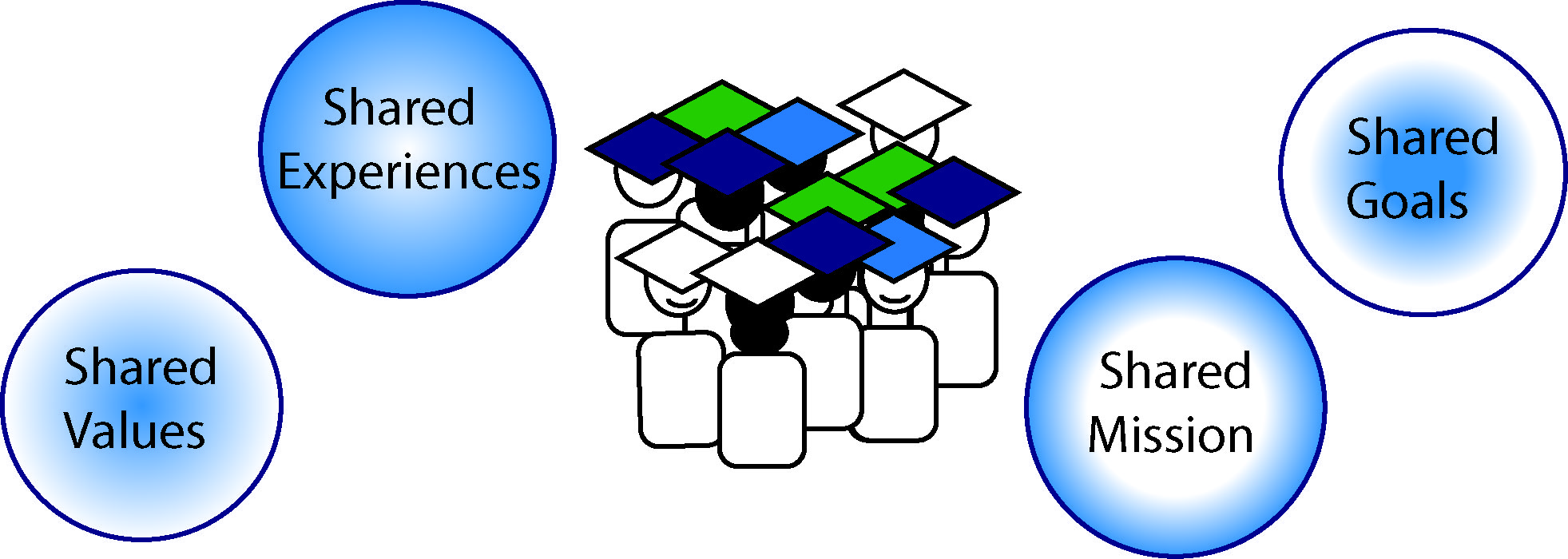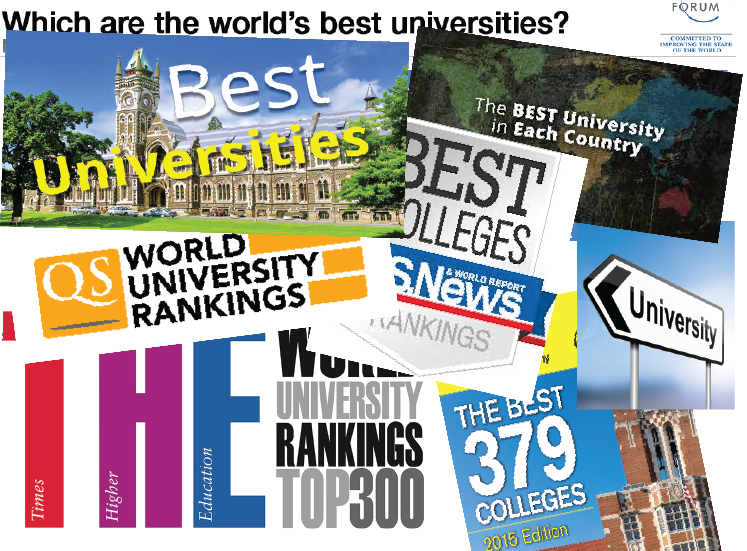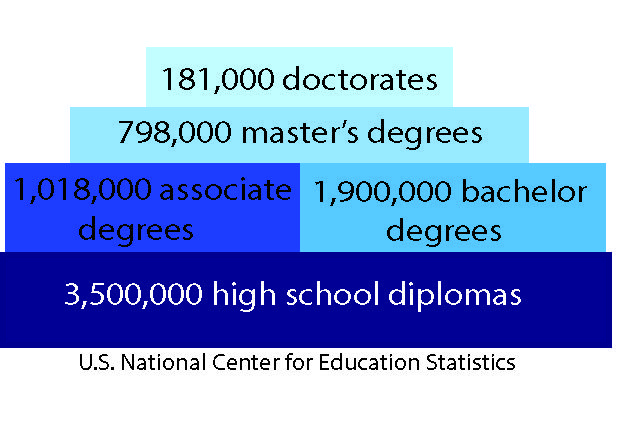Alumni for a Lifetime
- September 11, 2017
- Kathy Edersheim
- 12 min reading
- 3 min, read

More and more we hear the question: What makes a three- or four-year college education costing tens of thousands of dollars worthwhile – preparing students for a career or providing an opportunity to explore new ideas and learn how to think? At first, the answer seems to be that education must serve both these purposes however there is MORE. Education should be the foundation for personal fulfillment and success for a lifetime. Alumni engagement provides the opportunity and support for a mutually beneficial relationship between the student/alum and the institution for the long term.
Already and even more for the coming generations, it will be the lifelong connection between the institution and the alumni community that will define a successful institution beyond the direct educational experience. We already see that institutions need to provide students with life skills, so they need to provide lifelong support – helpful connections for career success and supportive social communities for personal fulfillment. Education that is useful for a lifetime must include a relationship with the institution and with the community of alumni, students, faculty, and administration that continues over a lifetime. Three years or four years of classes, even in the “best” schools, even with a wide array of extracurricular activities and deep community bonds, cannot truly fulfill the mission of higher education. There needs to be sustained, mutually-supportive interaction that serves the needs of the alumni and the institution.
The institution with a strong alumni relations effort is rewarded many times over for the investment. Alumni act as ambassadors for the institution to attract strong applicants and to build the reputation of the institution. Alumni are uniquely positioned to provide internships for current students and even young alumni. Alumni can provide advice and counsel to the institution in their area of specialty. There is strong self-interest for alumni to preserve and strengthen the reputation of their alma mater so they are likely to be generous with their time. And, of course, alumni can provide financial support for an institution as well. There are specific benefits for the alumni – a strong social community, opportunities for life-long learning, and the personal fulfillment that comes from giving back. The broader community may benefit from alumni activities as well.
The good news is that success in alumni relations is possible for all educational institutions (including organizations that provide short term programs such as an international experience). With some attention to community building while students are enrolled followed by a robust alumni relations program, educational institutions can leverage alumni relationships to provide mentoring, career advice, career access, social support, continuing education, and much more through organized programs and facilitated engagement. As more educational institutions realize the opportunities and benefits, perhaps through alumni and student advocacy, alumni relations programs will become more robust and have more impact.
Looked at from another perspective, alumni relations should be an important consideration when evaluating an institution. There are several generally accepted components that make an institution “competitive” and attractive to students:
- Providing an effective transfer of knowledge in which learning is conveyed from professors to students
- Offering a fulfilling student experience that creates community and friendships
- Conveying shared values to students and throughout the campus community
- Furthering academic and applied research.
Alumni relations – deep and meaningful engagement of alumni on campus and beyond to benefit the students, the alumni, and the institution – should be on this list of priorities. Certainly, there are many components of campus life that contribute to the student experience and are important to establish the groundwork for a fulfilling, happy, and productive life. But the campus experience is not enough to differentiate an institution in the globally competitive education market where there is an increasing number of exceptional opportunities for students.

Consider how the US News & World Report, Forbes, QS World University Rankings, and many other publications determine the rating of colleges and universities right now. They compile lists of 100 or more publications determine the rating of colleges and universities right now. They compile lists of 100 or more schools that provide a vast array of choices based on admission rate, yield, top academic departments, class size, student-faculty ratio, new buildings, nice buildings, journal citations, and any number of criteria relating to the student experience. Including and beyond these lists, there are over 15,000 higher education institutions in the world. Easily half of those institutions can prepare students in math, history, philosophy, chemistry, engineering and other subjects for a successful first endeavor or even a career. Virtually all these institutions convey good values – be honest, work hard, learn well. A more limited number, provide an even richer, more immersive student experience. Yes, there are differences and specialties, strengths and weaknesses across institutions. An individual student may be more suited to one school than another. But in the long run, what will really matter to the student? What will make an institution stronger and better? The Alumni Experience!
Now, when students (and parents) are considering schools, they look at the rankings and focus on the three or four coming years that are a foundation for the future. Especially in the competitive admissions process in the U.S., it is hard to look beyond the application process much less consider what might happen beyond the time at college. Because of the focus on the student experience and academic rankings, colleges have cultivated alumni efforts primarily on the opportunities for fundraising that financially support the student experience. Applicants would be wise to consider the alumni relations efforts of the institution and the resources dedicated to the alumni community.

